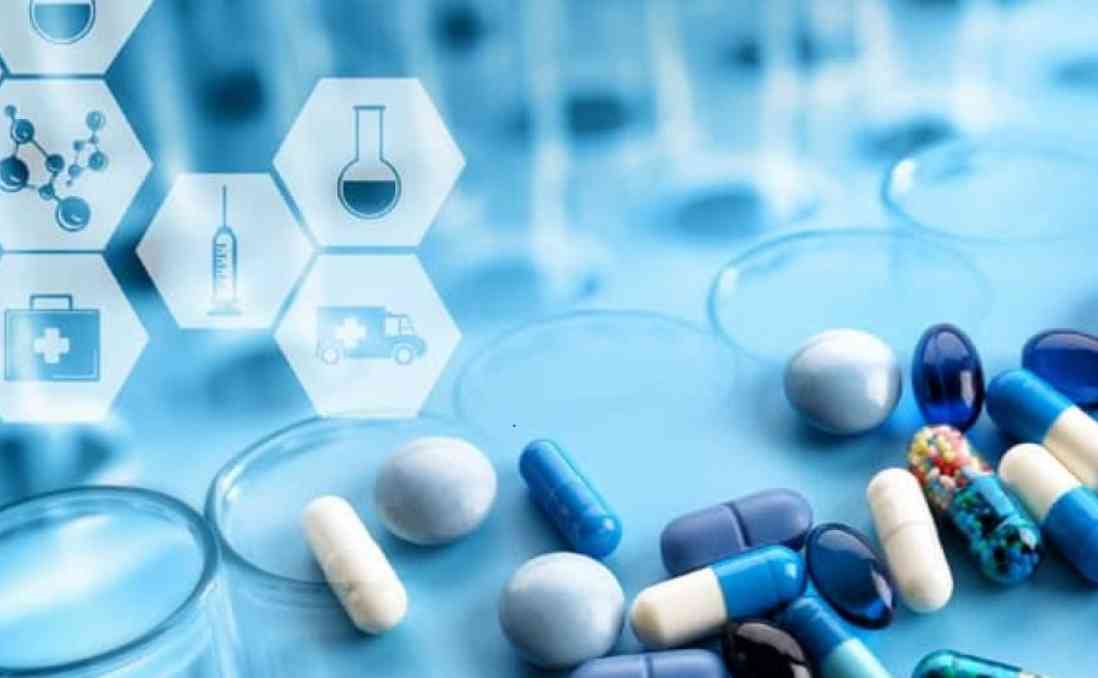
A Bachelor's degree in Pharmaceuticals, often referred to as a Bachelor of Pharmacy (B.Pharm), is an undergraduate academic degree program that prepares students for careers in the pharmaceutical industry, healthcare sector, and related fields. Here are the full details:
Duration: Typically, the duration of a B.Pharm program is four years. However, in some countries, it may be a five-year program, including a one-year internship or practical training.
Curriculum: The curriculum of a B.Pharm program is designed to provide students with a strong foundation in pharmaceutical sciences, including:
1. Core Pharmaceutical Subjects:
- Pharmaceutical Chemistry
- Pharmacology
- Pharmacognosy (Study of medicinal drugs derived from natural sources)
- Pharmaceutics (Drug delivery systems, formulation, and manufacturing)
- Pharmaceutical Analysis (Quality control and testing of pharmaceuticals)
- Pharmaceutical Microbiology (Study of microorganisms relevant to pharmaceuticals)
2. Basic Sciences:
- Chemistry
- Biology
- Biochemistry
3. Pharmacy Practice and Management:
- Clinical Pharmacy
- Hospital Pharmacy
- Community Pharmacy
- Pharmacy Management
- Pharmaceutical Marketing and Regulatory Affairs
4. Elective Courses:
- Pharmaceutical Biotechnology
- Industrial Pharmacy
- Pharmaceutical Engineering
- Pharmacoeconomics
5. Practical Training:
Most B.Pharm programs include internships or practical training periods in pharmaceutical industries, hospitals, community pharmacies, or research laboratories. This hands-on experience is essential for students to apply theoretical knowledge in real-world settings.
Career Opportunities:
A B.Pharm degree opens up various career opportunities in the pharmaceutical and healthcare sectors, including:
- Pharmaceutical Industry: Research and development, manufacturing, quality control, regulatory affairs, sales, and marketing.
- Hospital Pharmacy: Clinical pharmacy, drug dispensing, patient counseling, and medication therapy management.
- Community Pharmacy: Retail pharmacy management, dispensing medications, patient counseling, and health education.
- Research and Development: Drug discovery, formulation development, clinical trials, and pharmacological research.
- Regulatory Affairs: Ensuring compliance with regulatory guidelines and obtaining approvals for pharmaceutical products.
- Academia: Teaching and research positions in universities, colleges, and research institutions.
Further Studies:
After completing a B.Pharm degree, students can pursue higher education such as:
- Master of Pharmacy (M.Pharm) for specialization in areas like pharmacology, pharmaceutics, pharmaceutical analysis, etc.
- MBA in Pharmaceutical Management for careers in pharmaceutical marketing, sales, and management.
- PhD in Pharmaceutical Sciences for research and academic careers.
Licensing and Registration:
In many countries, including India, pharmacists are required to be licensed or registered with the respective regulatory authorities to practice professionally. This often involves passing a licensing examination after completing the B.Pharm degree.
Overall, a Bachelor's degree in Pharmaceuticals provides a solid foundation for a rewarding career in the pharmaceutical and healthcare industries, combining scientific knowledge with practical skills essential for ensuring the safety, efficacy, and quality of medications.
